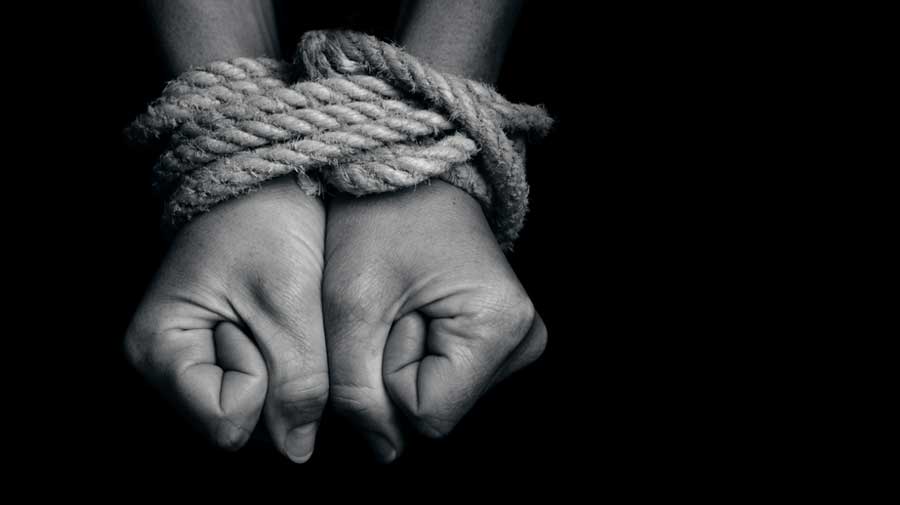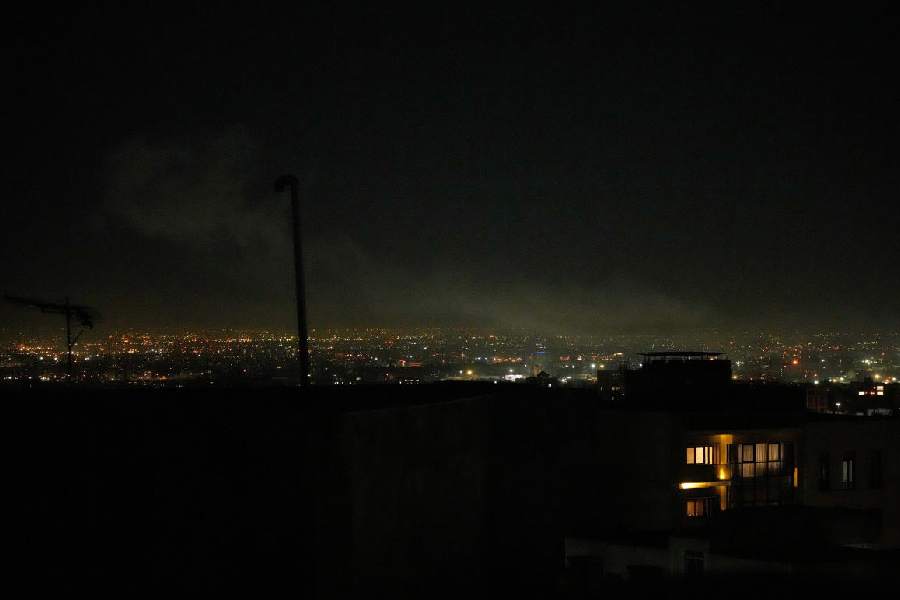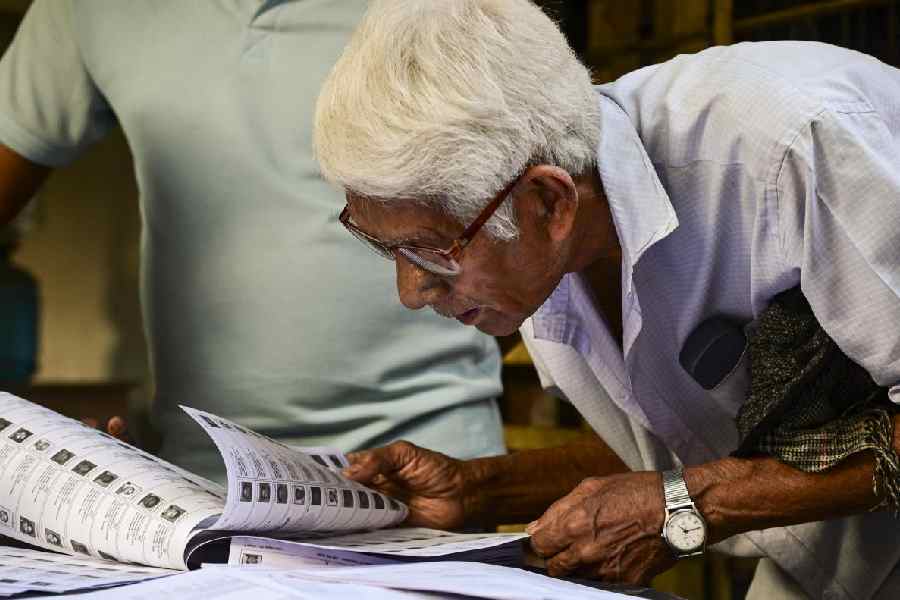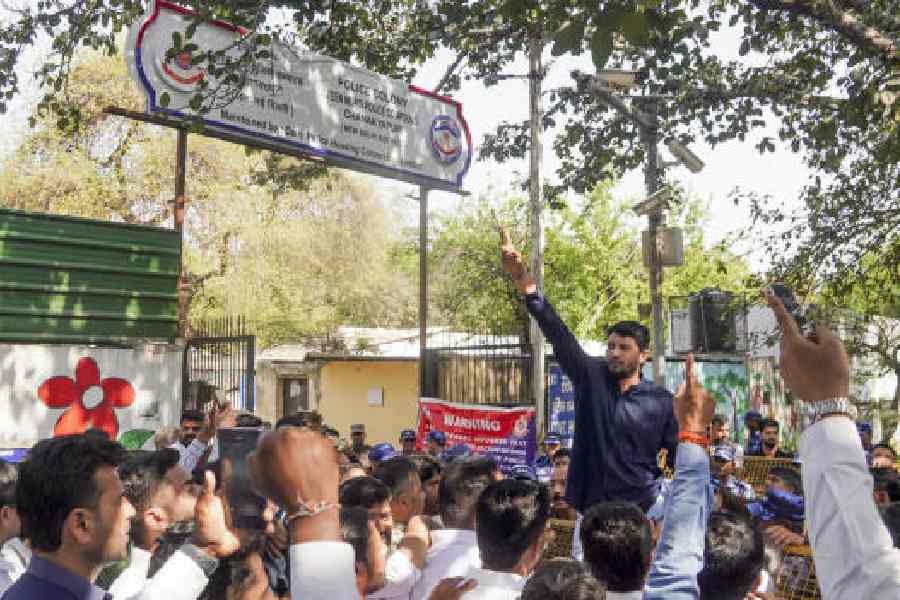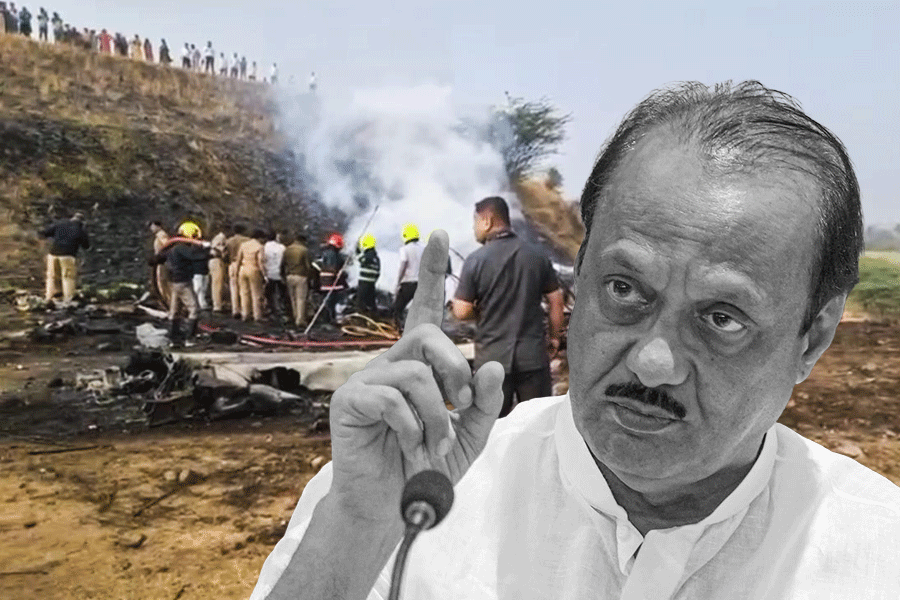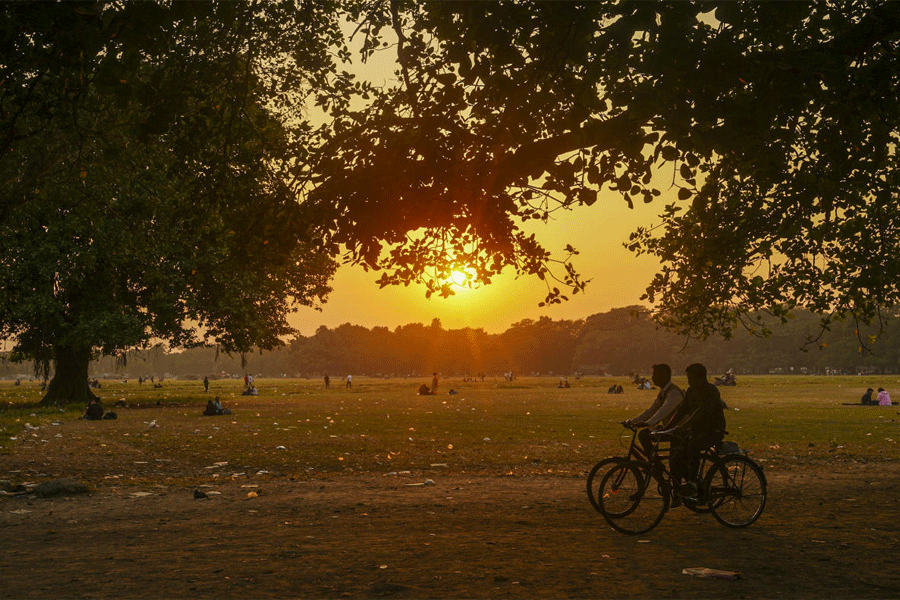Three in nearly seven years. Eleven in the next seven months.
A spurt in the number of compensations awarded by the state to trafficking survivors has come as a shot in the arm for rights activists.
Till March this year, 14 trafficking survivors have received compensation from the state government under the West Bengal Victim Compensation Scheme, according to the state legal services authority (SLSA), the custodians of the corpus created by the government for disbursal of funds.
The scheme that had come into force in 2012 had its ambit expanded in 2017. But till August 2019, only three trafficking survivors in Bengal had received compensations under it, according to information obtained through an RTI application filed by lawyers and activists.
Between September 2019 and March this year, 11 survivors received the compensation. There have been compensation orders post-March as well but the amounts could not be transferred to the survivors because of lack of funds, said a senior official of the SLSA.
“We have more cases where the compensation has been cleared but the amount cannot be disbursed because of lack of funds. Our coffers went empty in March. We are waiting for fresh funds from the state government,” said Durga Khaitan, member secretary of the SLSA.
The recipients of the pending disbursals — over 90 — include survivors of acid attacks, Pocso victims and trafficking survivors.
Trafficking survivors, lawyers, activists and researchers welcomed the rise in the number of compensations.
Higher amounts
In the third week of November, a 17-year-old trafficking survivor was awarded a Rs 9 lakh compensation by the district legal services authority in Calcutta. The amount was billed as the “highest ever” of its kind. The girl, 13 when trafficked from Odisha in 2016, was rescued by Calcutta police the same year from Sonagachhi.
On November 3, a survivor from South 24-Parganas was awarded Rs 6 lakh compensation by the DLSA. She was trafficked in 2018 and rescued the same year from Bangalore.
The amounts being given have gone up since the scheme was amended in 2017, widening its scope and the grounds on which a survivor can seek compensation. Compensations ranging between Rs 20,000 and Rs 30,000 were common a few years ago, said activists.
“There has been a significant shift in terms of the amounts received as victim compensation awards in the past three years. Lawyers now calculate compensation by breaking into separate categories the violations that victims suffered. They also use various judgments of different states as precedents,” said Nisha Mehroon, a sociologist and researcher who has been studying the issue of victim compensation in India.
Mehroon is part of Tafteesh, a coalition of survivors of human trafficking, lawyers, researchers, rights activists and other stakeholders that has been instrumental in supporting survivors in their legal battles.
The number of victim compensation applications being filed has also gone up substantially, activists said.
“Earlier, an application filed even towards the later part of the year would be ranked as ‘number 2 or number 3’ of that year. Now, an application ranks in double digits,” said Pompi Banerjee, a social worker with Sanjog, an organisation working on survivors’ access to justice and rehabilitation.
Awareness
Increased awareness and better coordination between agencies have played a key role in the rise in the number of compensations. “The survivors are also feeling more courageous from seeing others getting compensated, and getting the support of police, NGOs and DLSAs. They are now looking at compensation as a right,” said Banerjee.
The SLSA has prepared a database of acid attack survivors in Bengal awaiting final verification by the director general of police. “We are now preparing a similar database for trafficking survivors. The work got delayed because of the pandemic but has resumed,” said Khaitan.
Several campaigns for legal officers in districts have been conducted to sensitise them in dealing with survivors.
“The amounts under different headings in the West Bengal Victim Compensation Scheme were substantially increased in 2017. In the past couple of years, there has been an increased effort on the part of the SLSA,” said Joanna Shireen Sarkar, a lawyer with the International Justice Mission, another NGO that works for the rescue and rehabilitation of trafficking survivors.
Sarkar had fought the case in which the survivor was awarded Rs 9 lakh in compensation.
Long road ahead
Compensation is still a long and cumbersome process fraught with legal hurdles, activists pointed out.
In most cases, those trafficked are rescued from outside the state. The case papers of the police station in whose jurisdiction a woman/girl had been rescued is essential to settle compensation claims. The claims often get dragged because of the time taken to send and receive documents and the language barrier.
“The survivors who have got compensation have had organisational support. It is not like the state is voluntarily knocking on their doors with money. For every woman who has got compensation, there are others who lack a support system that can help them in the legal battle,” said Kaushik Gupta, a lawyer in Calcutta High Court who works for trafficking survivors and is part of Tafteesh.
The disbursement of the compensation has led to divided opinions. The SLSA wants three/fourth of the amount to be deposited in the recipient’s account with nationalised banks. Two trafficking survivors had challenged the condition in the high court. A single-judge bench had ruled in their favour in February this year. But the SLSA then challenged the verdict in a division bench which stayed the previous order and is expected to hear the case in January next year, said lawyers familiar with the case.
“In many cases, we have found that the money a victim got in compensation was used by her family members in building a new floor or getting a sibling married, for purposes not aligned with the interest of the survivor. To prevent misuse of the money, the SLSA ordered that 75 per cent of the amount should be kept in monthly income schemes in a nationalised bank,” said Khaitan.
A 21-year-old trafficking survivor from Kultali in South 24-Parganas, who was awarded Rs 6 lakh in compensation on November 3, said once she got the money, she would use it for business. She has learnt embroidery and takes small orders from a ramshackle shop her father owns. “I want to scale up the business,” she told Metro over the phone.

